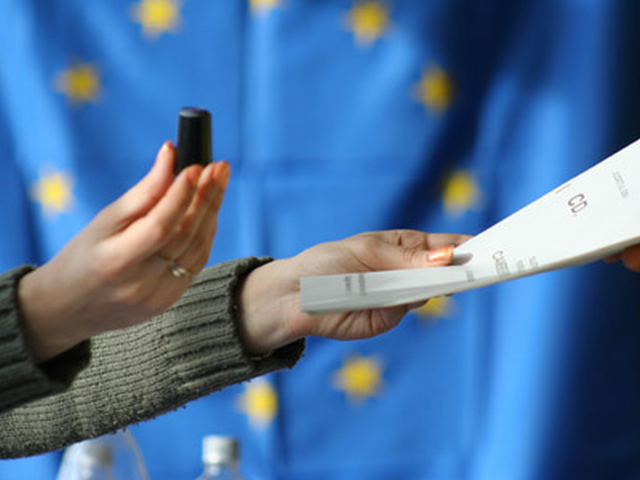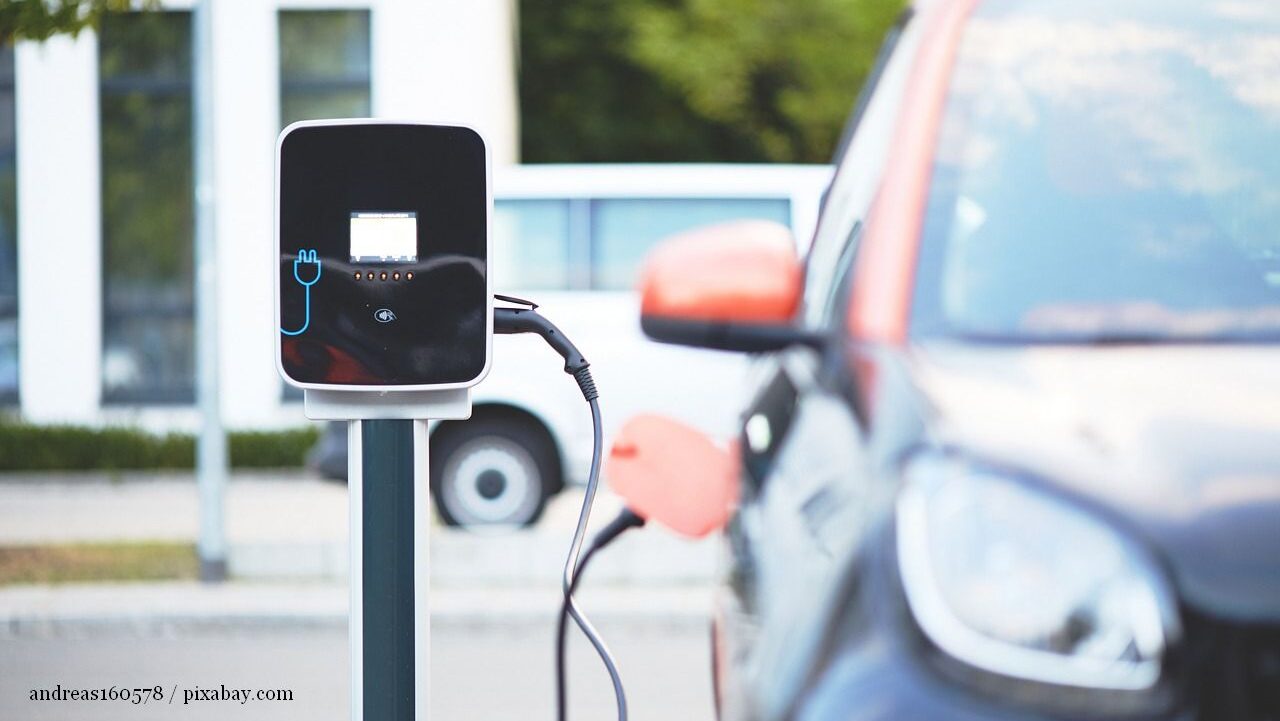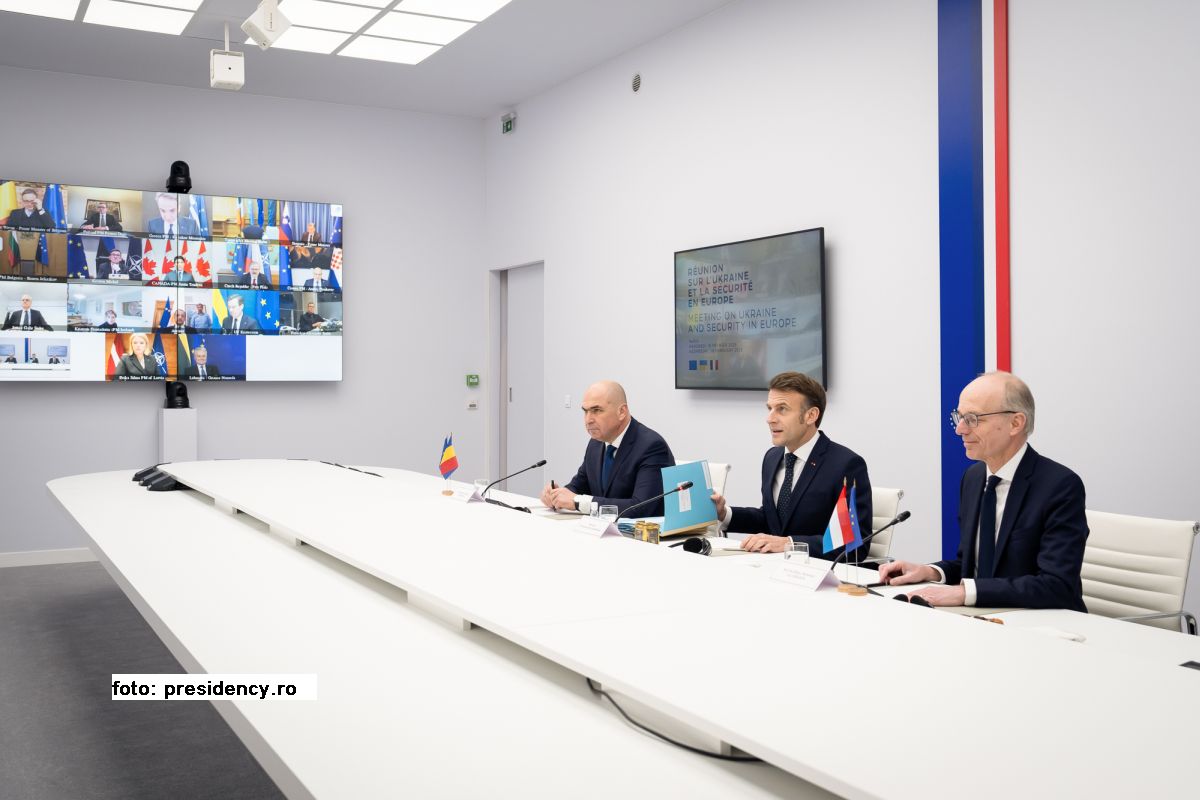Elections in Europe
Latvia, Bulgaria, Hungary, Romania and the Republic of Moldova hold important elections this autumn.

Bogdan Matei, 06.10.2014, 14:18
This fall several EU Member States are holding elections that may bring about important political changes in Eastern and Central Europe.
In the EU’s poorest state Bulgaria, the center-right GERB party has become the country’s leading political faction after last weekend’s legislative elections. Boiko Borisov’s party grabbed nearly one third of the total number of votes and will take over from the left-wing Government. Marred by accusations of ineffectiveness and corruption, Plamen Oresharsky’s term has come to an untimely end after only one year. In the current elections the alliance of Socialists and Ethnic Turks in Bulgaria grabbed even fewer votes than the Conservatives. Far from relishing his win, Borisov admitted that setting up the new Cabinet will be a difficult task, given the fragmentation of the new Parliament.
Latvia too saw legislative elections this Saturday. Four pro-Western parties will hold the majority in Parliament, although the opposition’s Armonia party, linked to Vladimir Putin’s United Russia group, claimed first place in the elections. For most pundits this is a surprising win, against the backdrop of regional tensions and Russia’s unquenched appetite for power.
Hungarians too will hit voting polls next Sunday to elect their new local officials. The vote is bound to produce no surprises this time, with the FIDESZ Conservative faction expected to win at ease. This spring FIDESZ won the local and European legislative elections by a landslide majority. Voters seem not to be bothered by Prime Minister Viktor Orban’s authoritarian tendencies, nor by his ambiguous policy towards Russia. And this is not the worst news for the Liberal and Socialist opposition, which is no longer the country’s second party after the ultra-nationalist Jobbik party is now the opposition’s newest favourite in polls.
In Romania, presidential elections will take place on November 2, with a total of 14 candidates enrolled so far in the race for Cotroceni. A second ballot is most likely to be held on November 16, between the polls’ two main contenders, the Social-Democrat Prime Minister Victor Ponta and Christian-Liberal Sibiu Mayor Klaus Iohannis.
Whereas this fall’s elections will bring about little to no change in the NATO and EU member countries, the Republic of Moldova is undergoing a severe political crisis. With only 2 months ahead of the vote, the pro-Russian communist party is viewed as the most likely to win the upcoming legislative elections of November 30. A win for the communists would spell disaster for the pro-Western coalition in Chisinau and an end to the five years of reforms and efforts to bring the country closer to the EU, which culminated this summer with the signing of the Association and Free Trade Agreements with the EU.






























